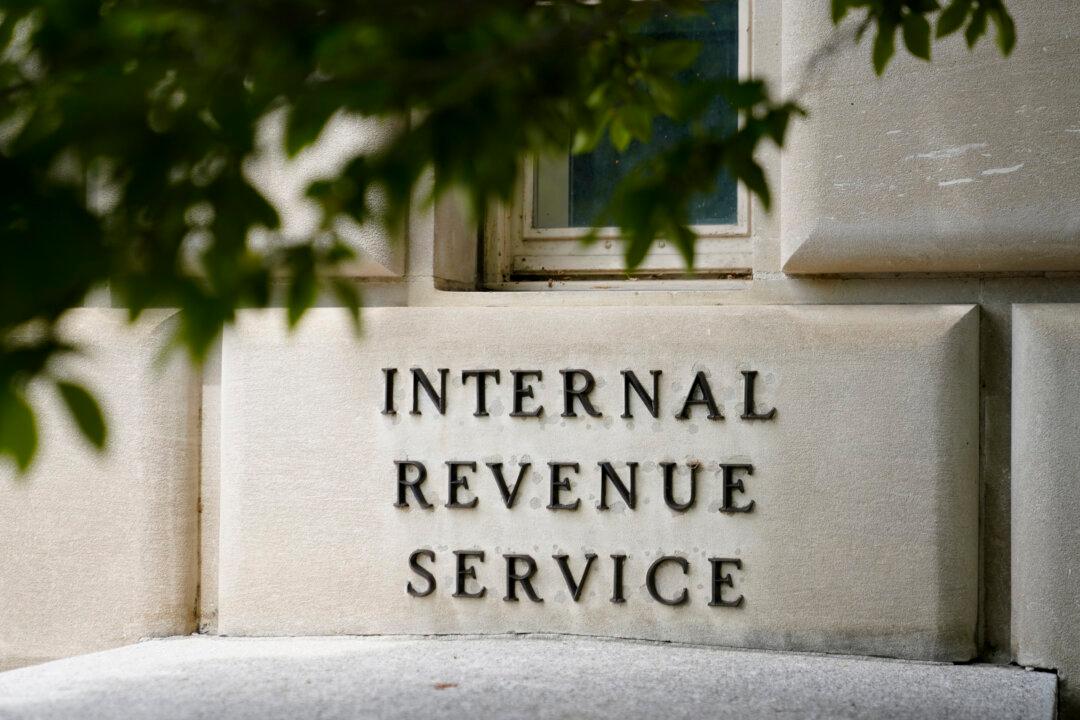The Supreme Court decided not to review the dismissal of a lawsuit filed by three whistleblowers who claimed the Internal Revenue Service (IRS) failed to investigate their claim that institutional mortgage lenders did not comply with regulations.
The nation’s highest court refused to grant the petition for certiorari, or review, in Stone v. Commissioner of Internal Revenue, in an unsigned order on April 1. No justices dissented. The court did not explain its decision. The justices had considered the petition at their private conference on March 28. For a petition to advance to the oral argument stage, at least four of the nine justices must vote to grant it.





